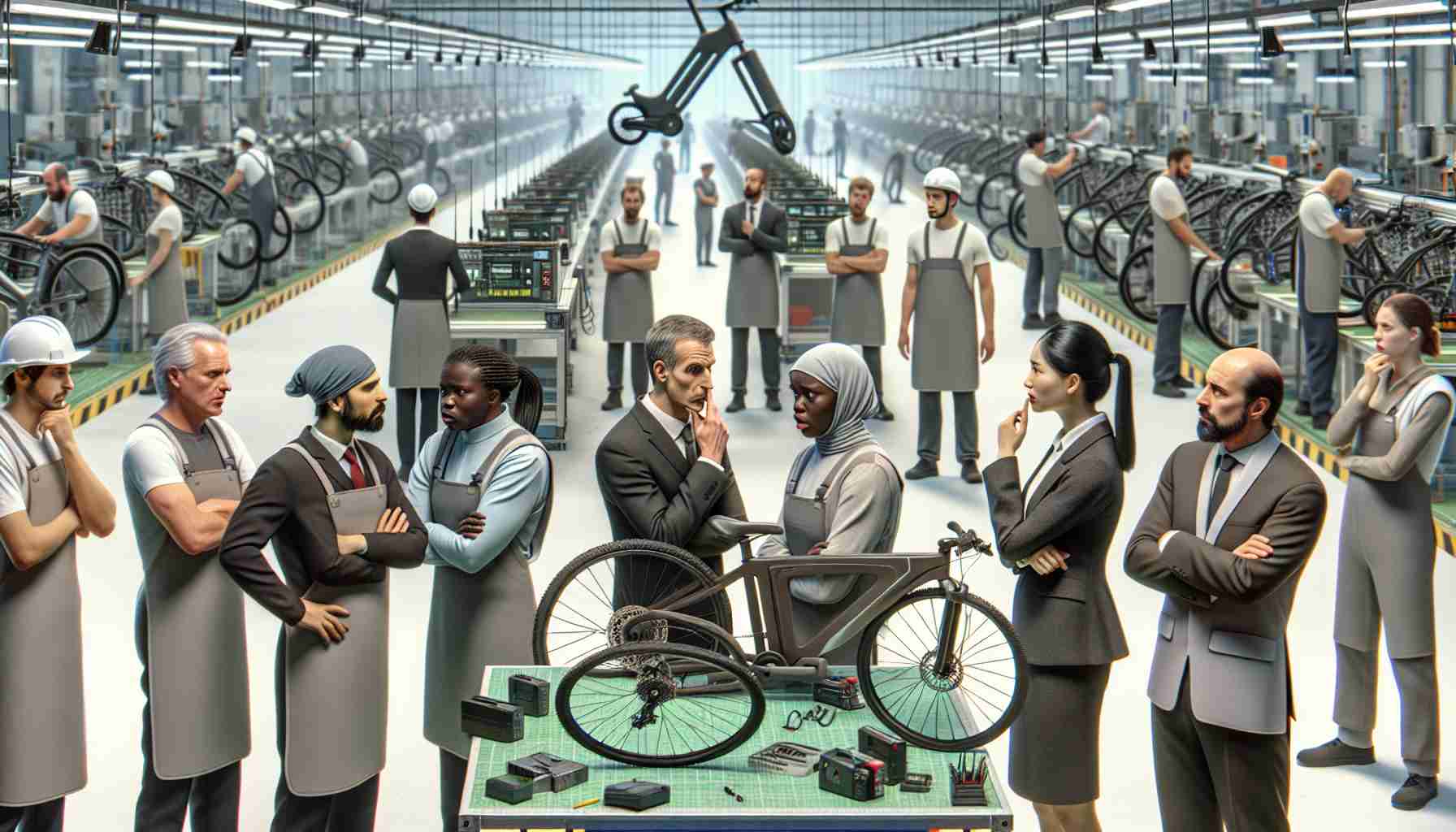In a surprising development, Swiss electric bicycle manufacturer Flyer is set to lay off another 170 employees from its Huttwil factory. Despite previous attempts to stabilize the situation, the company’s struggle for survival continues.
Harsh Realities Surface After Initial Optimism
One year ago, Andreas Kessler, CEO of Flyer, expressed hope, believing the company had reached rock bottom. He had announced that the crisis was overcome, and the Swiss site would be retained. Today, it is evident that this optimism was premature as the future of their Swiss operations hangs in the balance.
Considering a Shift in Production Strategy
The introduction of a new range of trekking e-bikes and earlier workforce reductions, which eliminated 80 jobs, failed to reverse the company’s downward trajectory. In a recent statement, the firm revealed its ongoing evaluation of strategies to streamline management, potentially moving production outside Switzerland. This approach aims to utilize group synergies to revitalize their operations.
Currently, discussions are underway regarding a new redundancy plan that may impact 170 out of the remaining 220 employees. Without an alternative solution, this restructuring could mark the end of the Swiss brand as it currently exists.
While Flyer explores these options, the situation remains critical, leaving the future of the company’s Swiss presence in doubt.
Swiss Engineering Faces a Crossroad: How the E-Bike Crisis Is Redefining Traditions
In a world where sustainability and green transportation options are more important than ever, the struggles of a Swiss electric bike manufacturer illuminate the larger challenges faced by industries adapting to new global realities. While the immediate news of layoffs at Flyer’s Huttwil factory might highlight a localized issue, the implications of such reshuffles have broader effects on communities, industries, and economies.
The Ripple Effect on Local Communities
When a significant employer like Flyer faces instability, the impact extends far beyond those facing job loss. The community of Huttwil, known for its strong craftsmanship heritage, stands to lose more than just economic stability. Local businesses, from suppliers to service providers, are likely to experience a downturn as their customer base shrinks. This, in turn, could reduce municipal revenues, impacting public services and infrastructure maintenance.
Maintaining Switzerland’s Manufacturing Legacy
Moving production out of Switzerland, a country renowned for its precision manufacturing and quality, poses significant risks and raises questions. How might this shift impact Switzerland’s reputation for high-quality engineering? The outsourcing of manufacturing is often seen as a way to cut costs, but it can also dilute brand identity and undermine consumer trust.
Advantages of Globalized Production
On the other hand, by leveraging global manufacturing hubs, companies can tap into cost efficiencies and potentially increase their competitive edge in a rapidly evolving market. For companies like Flyer, these savings may provide the necessary capital to innovate and invest in cutting-edge technologies that align with consumer expectations desiring innovative and affordable green alternatives.
Controversies in Workforce Management
Workforce reduction, especially at such a significant scale, often sparks debate about the ethics and responsibilities of companies to their employees. Should companies invest more in upskilling and reskilling programs to transition staff to new roles, or are such measures infeasible given current financial constraints? Moreover, how transparent should companies be in their strategic planning and communication?
Questions to Consider
– How will the shift of production locations influence the quality and branding of Swiss products?
Moving production could lower costs but might also result in quality concerns, impacting brand integrity.
– What are the potential long-term societal impacts of decreasing local manufacturing jobs in regions like Huttwil?
There’s a risk of economic downturns for local businesses, impacting livelihoods and community services.
– How can Flyer balance the need for cost-efficiency with its corporate social responsibility toward employees?
Exploring options for reskilling or supporting affected employees could align with broader corporate values.
To explore more about the electric bike industry and sustainability initiatives, visit Bosch and Euronews.
The ongoing situation at Flyer underscores the dynamic and sometimes volatile nature of modern industries as they adapt to changing global markets. While this transition poses challenges, it also presents opportunities to rethink business strategies, redefine brand identities, and innovate for future sustainability.







